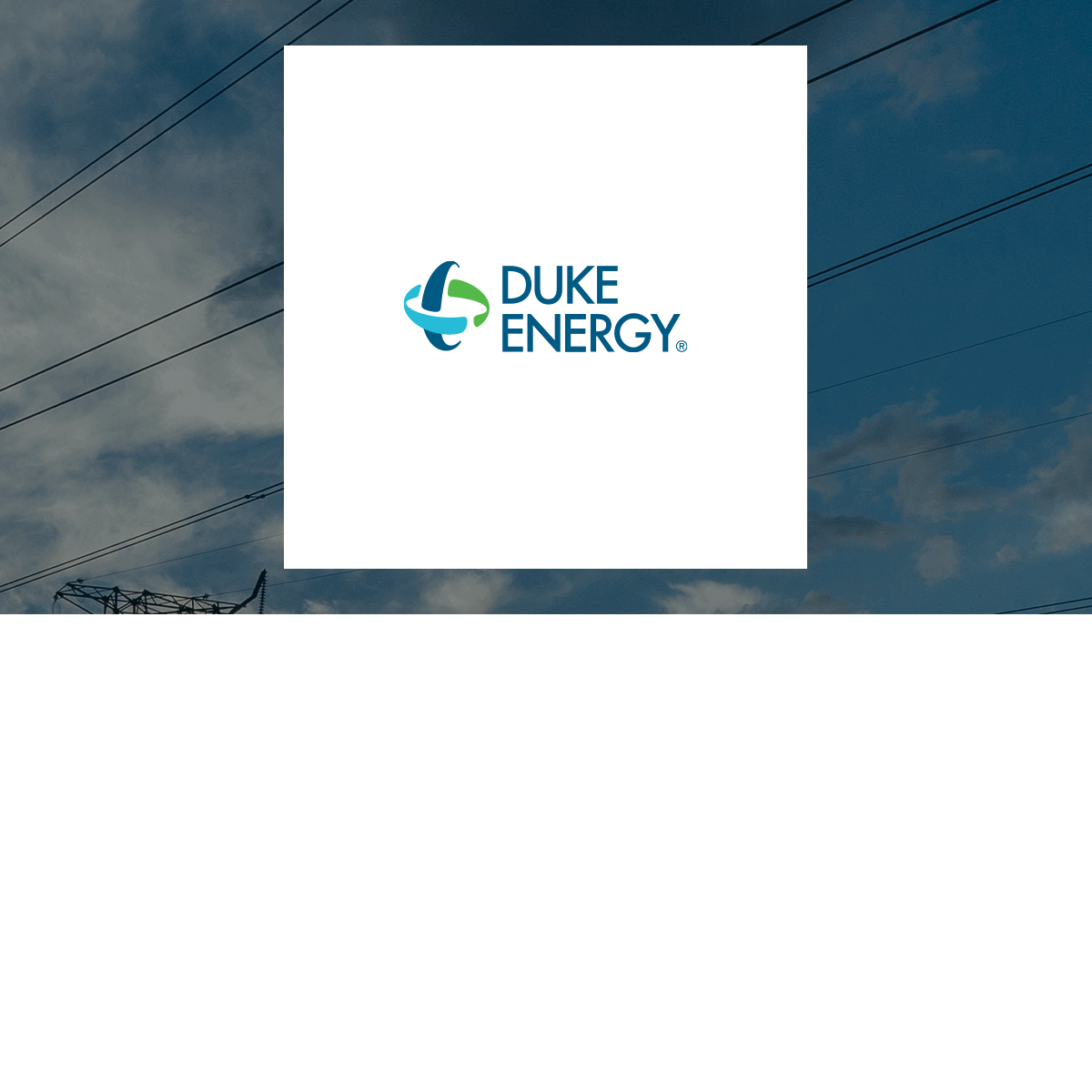Business
Prostatis Group Sells Duke Energy Shares as Investors Shift Strategy

Prostatis Group LLC has reduced its stake in Duke Energy Corporation (NYSE: DUK) by 8.3% in the first quarter of 2024. The firm sold 300 shares during this period, leaving it with a total of 3,330 shares valued at approximately $406,000, according to a recent filing with the Securities and Exchange Commission (SEC).
This decision comes amid a broader trend among institutional investors adjusting their positions in Duke Energy. For instance, Andrew Hill Investment Advisors Inc. significantly increased its holdings by 338.6%, acquiring an additional 29,153 shares to reach a total of 37,763 shares valued at $4,606,000. Similarly, Cambridge Investment Research Advisors Inc. lifted its stake by 7.7%, now owning 291,667 shares worth $35,575,000.
Pinnacle Financial Partners Inc. and Beacon Investment Advisory Services Inc. also reported increases in their holdings, with Pinnacle boosting its position by 9.9% and Beacon by 8.1%. Collectively, institutional investors control approximately 65.31% of Duke Energy’s shares.
Analysts Forecast Growth for Duke Energy
Equity analysts are optimistic about Duke Energy’s prospects. Scotiabank recently raised its price target for the stock from $120.00 to $128.00, maintaining a “sector perform” rating. UBS Group has set a target price of $127.00, while BMO Capital Markets and Barclays also adjusted their targets upward to $132.00 and $131.00, respectively.
Overall, nine investment analysts have rated the stock with a Buy rating, while five have issued a Hold rating. According to MarketBeat.com, Duke Energy currently holds an average rating of “Moderate Buy” with a price target of $130.62.
Duke Energy Reports Quarterly Earnings and Increases Dividend
On August 5, 2024, Duke Energy released its quarterly earnings, reporting earnings per share (EPS) of $1.25, which fell short of the consensus estimate of $1.29 by $0.04. The firm generated revenue of $7.51 billion, exceeding expectations of $7.07 billion. The company’s net margin stood at 15.51%, with a return on equity of 9.85%.
In addition to its earnings report, Duke Energy announced an increase in its quarterly dividend to $1.065, payable on September 16, 2024, to shareholders on record as of August 15, 2024. This change marks an annualized dividend of $4.26, reflecting a yield of 3.5%. The company’s payout ratio is currently 69.27%.
Insider trading activity has also been noteworthy. Executive Vice President Thomas Preston Jr. Gillespie sold 6,700 shares at an average price of $124.26, totaling $832,542. Following this transaction, Gillespie holds 46,422 shares valued at approximately $5,768,397.72. Similarly, Senior Vice President Bonnie B. Titone sold 2,000 shares for $248,760, resulting in a 9.26% decrease in her ownership.
As of now, Duke Energy’s shares are trading at $120.21, down 0.3% on the day. The stock has shown volatility, with a 12-month low of $105.20 and a high of $127.85. The company maintains a market capitalization of $93.47 billion, a price-to-earnings ratio of 19.55, and has a beta of 0.39.
Duke Energy, which operates through its Electric Utilities and Infrastructure and Gas Utilities and Infrastructure segments, continues to be a key player in the energy sector across the United States, serving customers in the Carolinas, Florida, and the Midwest.
-

 Lifestyle3 months ago
Lifestyle3 months agoLibraries Challenge Rising E-Book Costs Amid Growing Demand
-

 Sports3 months ago
Sports3 months agoTyreek Hill Responds to Tua Tagovailoa’s Comments on Team Dynamics
-

 Sports3 months ago
Sports3 months agoLiverpool Secures Agreement to Sign Young Striker Will Wright
-

 Lifestyle3 months ago
Lifestyle3 months agoSave Your Split Tomatoes: Expert Tips for Gardeners
-

 Lifestyle3 months ago
Lifestyle3 months agoPrincess Beatrice’s Daughter Athena Joins Siblings at London Parade
-

 World3 months ago
World3 months agoWinter Storms Lash New South Wales with Snow, Flood Risks
-

 Science4 months ago
Science4 months agoTrump Administration Moves to Repeal Key Climate Regulation
-

 Science2 months ago
Science2 months agoSan Francisco Hosts Unique Contest to Identify “Performative Males”
-

 Business3 months ago
Business3 months agoSoFi Technologies Shares Slip 2% Following Insider Stock Sale
-

 Science4 months ago
Science4 months agoNew Tool Reveals Link Between Horse Coat Condition and Parasites
-

 Sports3 months ago
Sports3 months agoElon Musk Sculpture Travels From Utah to Yosemite National Park
-

 Science4 months ago
Science4 months agoNew Study Confirms Humans Transported Stonehenge Bluestones









